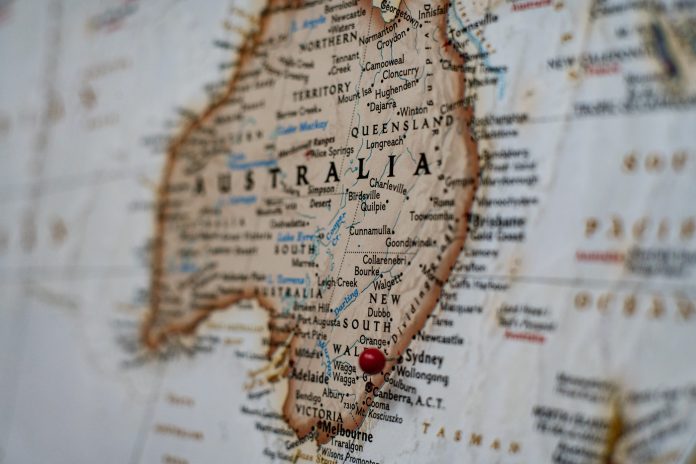As of July 1, Australia has become the first nation globally to regulate the medical use of two psychedelic substances, psilocybin and 3,4-methylenedioxy-methamphetamine (MDMA), best known for their recreational and illegal use.
The Therapeutic Goods Administration (TGA), the Australian equivalent of the FDA, announced in February that it had authorised these substances for prescription use in treating certain mental health disorders.
Psilocybin, the psychoactive compound in magic mushrooms, can be prescribed for treatment-resistant depression.
In contrast, MDMA has been approved for use in treating post-traumatic stress disorder (PTSD), a condition resulting from trauma that’s notoriously challenging to treat.
However, the drugs will remain Schedule 9 (Prohibited Substances) for all other uses beyond the approved clinical applications.
Access to these substances will be strictly controlled and limited to those who meet certain mental health criteria.
Only authorised psychiatrists can prescribe these drugs under the TGA’s Authorised Prescriber scheme.
They can only be administered in supervised clinical settings, and the drugs cannot be dispensed for home use.
According to the TGA, research indicates that psychotherapy involving psilocybin and MDMA could be “potentially beneficial” in treating PTSD and depression, hence the push by Australia for therapeutic access to these drugs.
The compounds are relatively safe when used in a medically controlled environment under the supervision of appropriately trained healthcare professionals and at dosages that have been studied in clinical trials.
However, caution must be exercised as the potential for these psychedelic substances to cause fear, panic, and re-traumatization exists.
Professor Richard Harvey, Chair of The Royal Australian and New Zealand College of Psychiatrists’ (RANZCP’s) Psychedelic-Assisted Therapy Steering Group, has emphasised that these treatments aren’t a quick fix and must be administered with careful clinical judgement.
He also noted that further research is needed and that the treatment should only occur in supportive and structured environments akin to clinical trial settings.
Mike Musker, an enterprise fellow in the mental health and suicide prevention research and education group at the University of South Australia, believes that MDMA and psilocybin can provide a profound change in mood, mental experience, feelings of connection, and consciousness.
“It’s one of the biggest evolutions in psychiatry in the last 70 years,” he stated.
In 2021, the Australian government will invest AUD15 million (US$10 million) in grants for researchers to study the benefits of drugs such as psilocybin, MDMA, and ketamine.
“Access to psilocybin and MDMA in Australia has been long-awaited for both research and treatment,” Dr Musker added, stressing the importance for individuals such as army veterans and emergency services workers, where standard psychiatric drugs have failed to offer relief.


